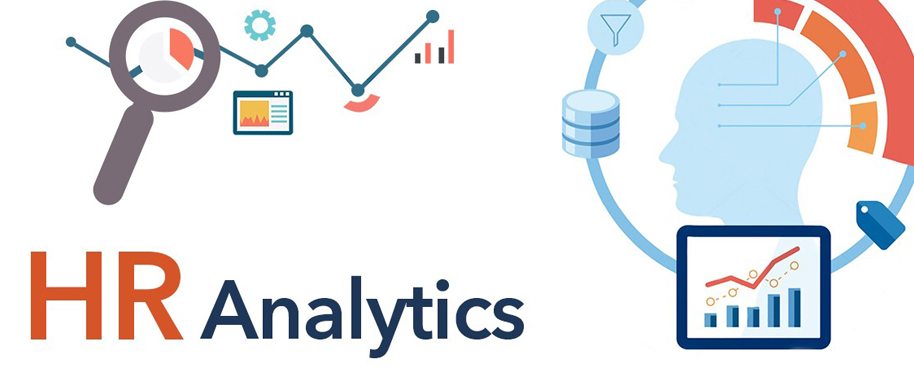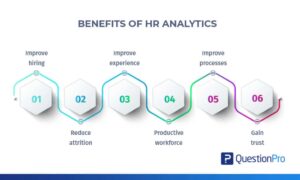Navigating the Changing Dynamics of Remote Work: HR Insights
In today’s rapidly evolving work landscape, the dynamics of remote work have taken center stage. HR professionals play a critical role in helping organizations adapt and thrive in this new era. This comprehensive guide offers insights, strategies, and expert advice to navigate the changing dynamics of remote work successfully.
Introduction
The global shift to remote work has transformed the way we work and interact. It’s imperative for HR professionals to stay ahead of the curve, understanding the challenges and opportunities that come with remote work. This article will shed light on the key aspects of managing remote teams, keeping employees engaged, and optimizing HR strategies.
Adapting to Change
As remote work becomes the new norm, organizations must adapt. HR departments must evolve to support remote employees and maintain a positive work culture.
Leveraging Technology
Incorporate advanced technologies to streamline HR processes and improve communication.
Employee Training
Provide remote employees with the necessary training to ensure they can perform at their best.
Flexible Policies
Craft policies that are adaptable to different remote work scenarios.
Maintaining Employee Engagement
Remote work can sometimes lead to disengagement. HR insights can help you keep your team motivated and committed.
Communication is Key
Foster open communication channels to ensure remote employees feel connected to their colleagues.
Recognition and Rewards
Implement recognition programs to celebrate remote employees’ achievements.
Wellness Initiatives
Support your employees’ mental and physical well-being with wellness programs.
Ensuring Compliance
HR professionals must stay updated on legal regulations and compliance issues, especially in a remote work environment.
Data Security
Protect sensitive company information and personal data by implementing robust security measures.
Labor Laws
Stay compliant with labor laws and regulations relevant to remote work.
Embracing Remote Hiring
With the geographical barriers removed, remote work opens new possibilities for hiring top talent.
Expanding Your Talent Pool
Cast a wider net to attract the best candidates from around the world.
Interviewing Virtually
Master the art of virtual interviews to select the right candidates.
Onboarding Remotely
Welcome new employees seamlessly, even from a distance.
FAQs
What are the primary challenges of remote work for HR professionals?
HR professionals often face challenges related to communication, engagement, and compliance in the remote work landscape.
How can HR departments improve remote employee engagement?
By emphasizing communication, recognition, and wellness programs, HR can keep remote employees engaged and motivated.
What are the key legal considerations for remote work?
Data security and compliance with labor laws are crucial legal considerations for HR in remote work settings.
What are the advantages of remote hiring?
Remote hiring allows access to a broader talent pool and facilitates virtual interviews and onboarding.
How can HR professionals foster a positive remote work culture?
By adapting to change, leveraging technology, and crafting flexible policies, HR can maintain a positive work culture in remote settings.
What tools can HR professionals use to improve remote work management?
HR can use various tools such as video conferencing, project management software, and HR management systems to streamline remote work processes.
Conclusion
In the ever-changing landscape of remote work, HR professionals are the architects of a successful transition. By adapting to change, maintaining employee engagement, ensuring compliance, and embracing remote hiring, HR can lead their organizations to new heights in the digital age.
Navigating the changing dynamics of remote work requires a blend of technological acumen, people skills, and adaptability. The HR insights shared in this guide provide a solid foundation for success. Stay proactive, innovative, and responsive to the evolving demands of remote work, and you’ll find your organization thriving in this dynamic environment.
























